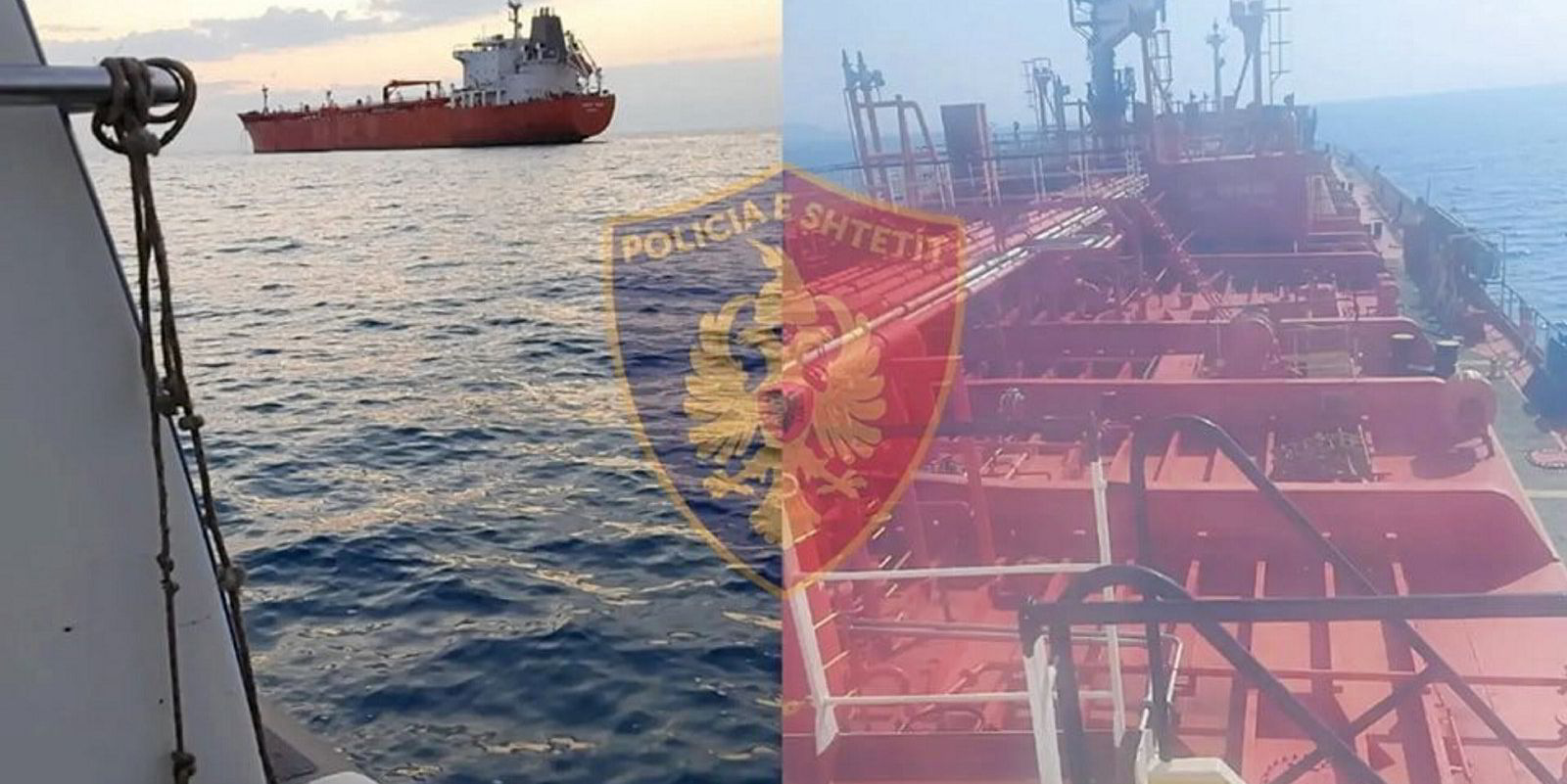The detention of a Russian tanker captain in a suspected oil smuggling case is the latest example of a growing global trend of criminalising seafarers, according to a union.
Alexey Smaznov was arrested on 28 February by authorities in Albania after his ship, the 37,500-dwt Grace Felix (built 2008), was held over alleged forged paperwork related to a ship-to-ship transfer of suspected Russian oil off the coast of Greece.



